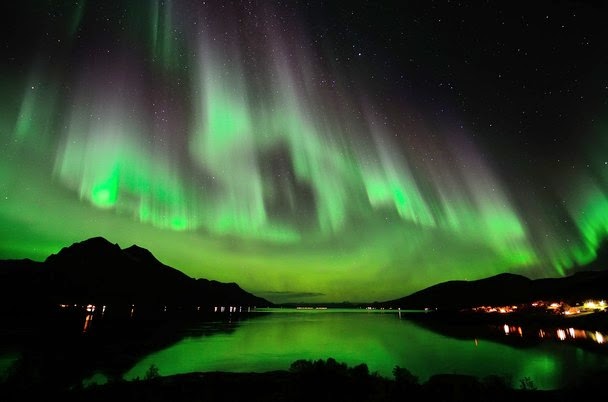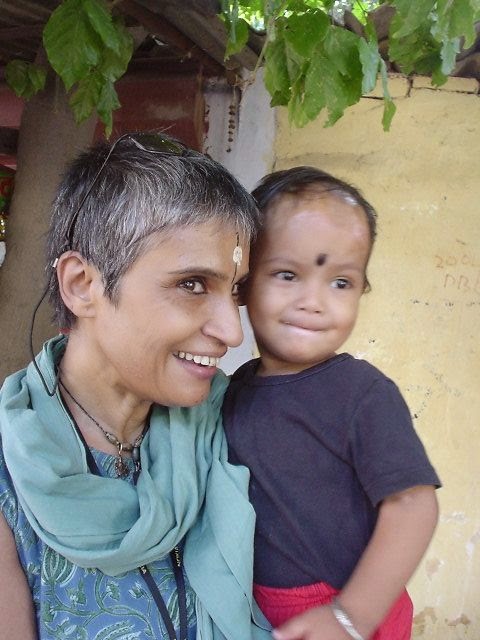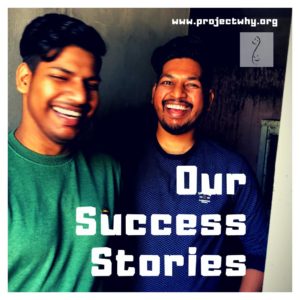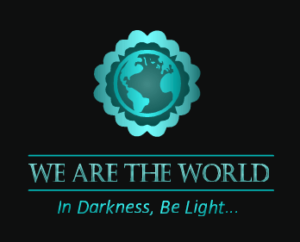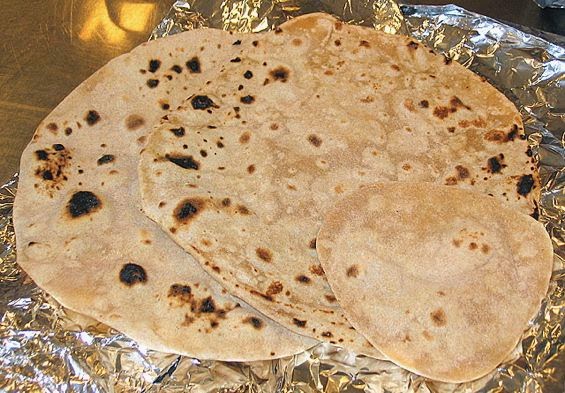
The third chapati
In the past days we have been ‘treated’ to what I can call call the absurdities of one Dr B, who has taken on single handed the mantle to defend India in a rather inane way. But beware this is not just a lone crusader that would at best be laughed at and set aside. Far from that. Today his books are being ‘taught’ in all primary and secondary schools in Gujarat. A sample of his ‘beliefs’ can be savoured here. One particularly caught my attention for two unrelated reasons. In one paragraph it quotes Sarvepalli Radhakirshnan saying that Indians are the most loved people.”Once God wanted to make a chapati. He was not able to cook the first chapati properly and he (God) termed the first chapati as ‘Britishers’; he failed in his second attempt as well and overcooked the second chapati as well. Thus were born the African nationals. The explanation goes further and it points that the third chapati, made by the God, turned out to be perfect. Thus God gave birth to Indians.
The reason this quote my attention is two fold. First of all I am named Anouradha because of Dr Radhakrishnan. The name my mother had chosen for me was Mandakini but the day I was born Dr Radhakrishna, then Vice President was in Prague and when told that an Indian baby was born, decided to visit the hospital and thus me and suggested I be named Anuradha. My parents esteemed it an honour and he became my the facto godfather. Over the years I met him a few times and have read most of what he wrote being a Philosophy student and cannot imagine him being the author of this absurd quote. A humanist and eminent thinker, I do not see him state anything that could be derogatory to any other human being.
That is part one.
Now comes part two and that pertains the quote itself. I must have been 4 or 5 when I once came back in tars from school and asked my mother why I was not white. To soothe and assuage a disturbed child, Ma related this ‘story’ as she knew that I needed a boost in my self esteem and more than that to accept with pride the colour of my skin. The tears dried up and the story was forgotten till Dr B brought it up again.
Dr B is also on a crusade to do away with all English and Urdu words, words we use daily and perhaps without even realising that they are ‘foreign’. Often we add a bit of India flavour and appropriate them so it is Masterji and Professor Sahib. And there is much more Dr B dislikes. Again you can read it here. Now according to him we should not blow birthday candles and so on.
His dislike for English is scary as as things stand today English is what can make our children’s morrows brighter. Way back in 2000, when I first landed in Giri Nagar, the first and only thing every parent asked me was to teach their kids English. I am taking about illiterate parents from humble homes who are ware of how important its is for their children to learn a language than came get them access to what they could never get. If Dr B gets his way, our kids will regress irreversibly.
On the other side of the spectrum we have Kamal Ataturk who decided to modernise and thus westernise his country and thus make some fundamental institutional changes. One of them was the adoption of the latin alphabet. That meant that Turkish children need only to learn one alphabet that would lighten the burden of their further learning. We need a Kamal Pasha, someone who can change India without altering its ethos.
When I blow my birthday candles I do not feel less Indian or Hindu for that matter. But I feel my blood run cold when I see the kind of ‘valued’ the likes of Dr B suggest. In my opinion they will annihilate the very essence of Hinduism and India.


